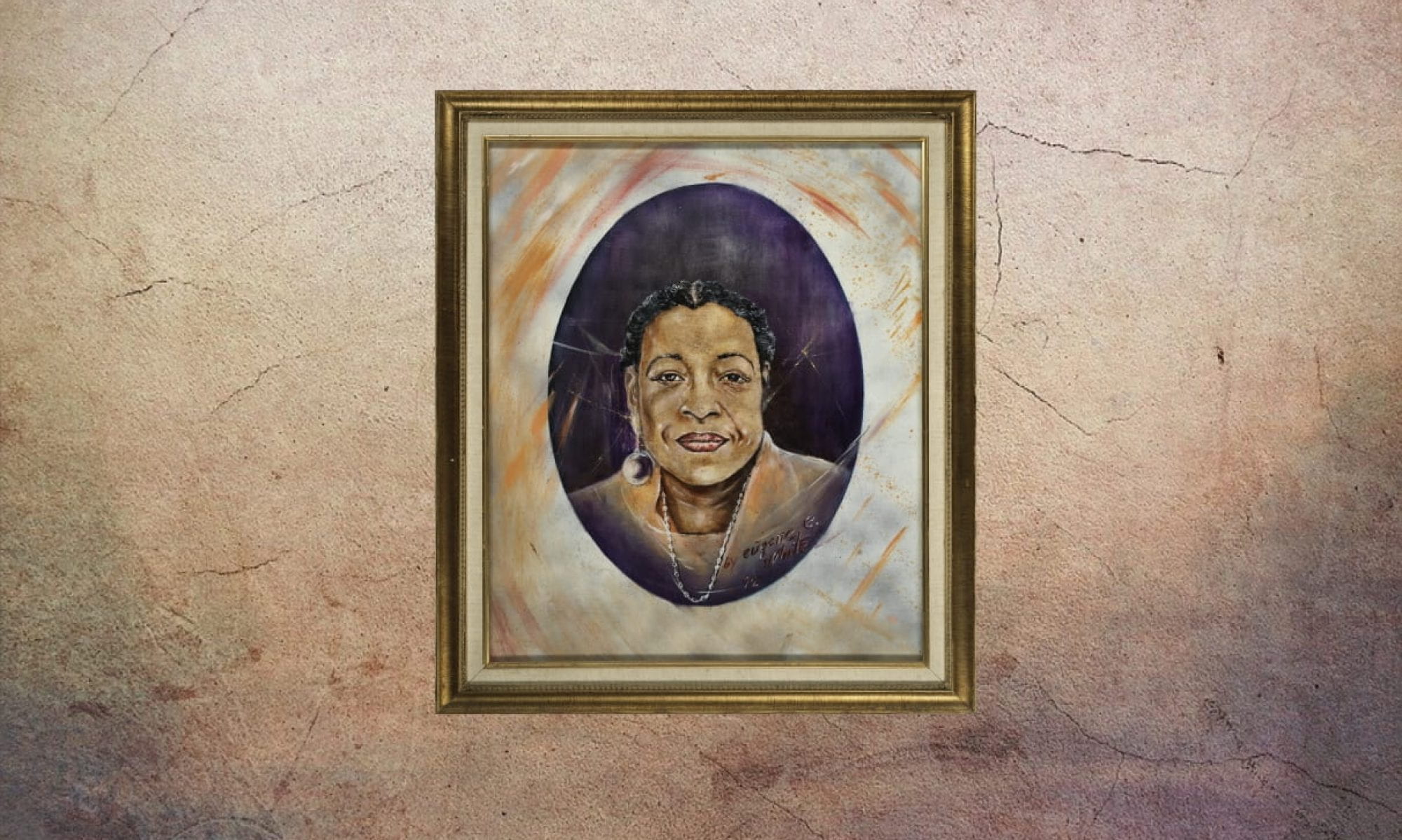
Nathan Hare, widely regarded as the father of Black Studies, was born in Slick, Oklahoma, on April 9, 1933. He was one of five siblings. As a child, he spent some years with his aunt in Oklahoma City before returning to his family farm where he worked as a sharecropper and tenant farmer. At the age of 11, Hare migrated with his family to San Diego, California, for the war effort during the Great Migration. In order to provide for the family, Hare’s mother got a civilian janitorial job at the Naval Air Station. After World War II, Hare’s mother lost her job and moved the family back to Oklahoma.
In Oklahoma, Hare attended L’Ouverture Elementary and High School, segregated public schools named after Haitian revolutionist and general, Toussaint L’Ouverture. Hare’s life took a positive turn when he was able to represent his class at the “Interscholastic Meet” of black students at Oklahoma Langston University after scoring high on standardized tests. Hare won the first of his many prizes at this event. His educational success led him to gain the support of his principal, who arranged for Hare to attend Langston University and work in the university dining hall in order to pay tuition. At the time, Langston University was the only college that admitted black students in Oklahoma.
After Hare graduated from Langston University with a B.A. in Sociology in 1954, he was granted a Danforth Fellowship which allowed him to continue his career in higher education. He attended graduate school at the University of Chicago where he received his M.A. and PhD in Sociology in 1957. Around this time, he married Julia Reed, a psychologist and sociologist who also attended Langston University. They are still together today and recently celebrated their 62nd anniversary in December of 2018.
In 1961, Hare was hired by Howard University, a historically black college in Washington, D.C. Hare became increasingly involved in the Black Power movement while at Howard (One of his students was Stokely Carmichael). Hare was fired from the university in 1967 for writing a letter to the school’s newspaper which addressed the lack of black students at the historically black university. In the letter, he spoke out against Howard University’s president, James Nabrit, who wanted to increase white enrollment. Dr. Hare’s increasingly vocal support to reform Howard led to his dismissal.
Dr. Nathan Hare, psychologist and scholar, was widely regarded as the father of Black Studies.
However in 1968, Hare was hired at San Francisco State College (now known as San Francisco State University) where he became the first program coordinator of the school’s Black Studies program. It was the first program of its kind in the United States. Hare was responsible for the creation of the term “ethnic studies,” which replaced the term “minority studies.” Hare’s refusal to help college president S.I. Hayakawa break a five-month strike by a campus-wide multiracial coalition consisting of thousands of students and faculty, led to Hare losing his job a year later in 1969.
Dr. Hare went on to found a scholarly periodical called The Black Scholar: A Journal of Black Studies and Research, with Robert Chrisman, another former San Francisco State faculty member. Around this time, Hare returned to school to earn his doctorate in clinical psychology from the California School of Professional Psychology in 1975. In the same year, he decided to leave the journal to work as a clinical psychologist in community health programs, hospitals, and private practices. He then went on to publish books about the indiscretions against black people. Hare’s publications include The Black Anglo Saxons and Bringing the Black Boy to Manhood: The Passage.
Hare has worked closely with his wife, Julia Reed. Together they co-founded the Black Think Tank, meant to address the problems and concerns that confront the African American community. They also published The Endangered Black Family, The Miseducation of the Black Child, and Crisis in Black Sexual Politics together.
Dr. Hare has won many awards for his work, such as the Joseph Hines Award for Distinguished Scholarship from the National Association of Black Sociologists, Scholar of the Year Award from the Association of African Historians, and the Lifetime Achievement Award from the National Black College Alumni Hall of Fame. Hare was also awarded the National Council for Black Studies Award for his distinguished scholarly contributions to Black Studies. He currently works as a psychologist based out of San Francisco.
— Julio Ceja, Eduardo Alguera, Juliet Baires, Grace Jackson, and Sawyer Wolf
Works Cited
Alic, Margaret. “Hare, Nathan 1934–.” Contemporary Black Biography. 2004. Encyclopedia.com.
“Nathan Hare.” Nathan Hare. World Heritage Encyclopedia.
“Nathan Hare.” The HistoryMakers. 2019.
“Nathan Hare.” Wikipedia. 2019.
Addendum
Dr. Nathan Hare passed away in 2024. Please see this obituary in the New York Times with more information about Dr. Hare’s great contributions to Black Studies.
https://www.nytimes.com/2024/06/21/obituaries/nathan-hare-dead.html
